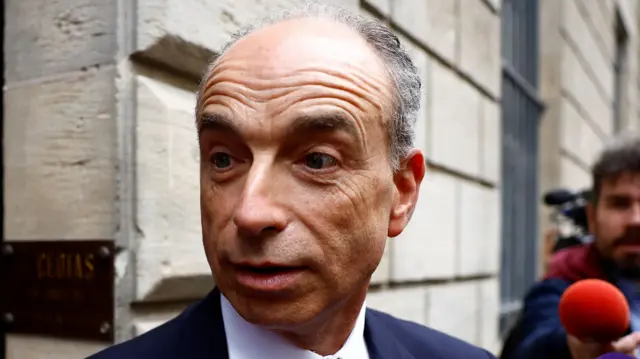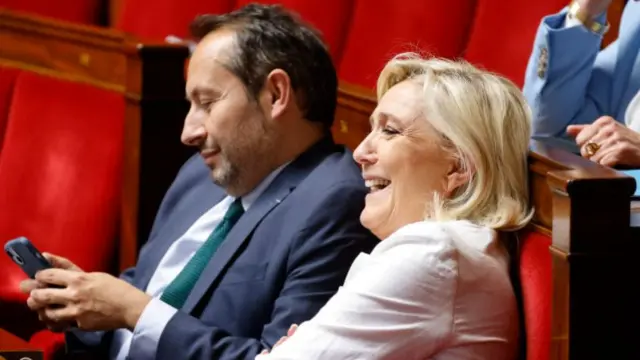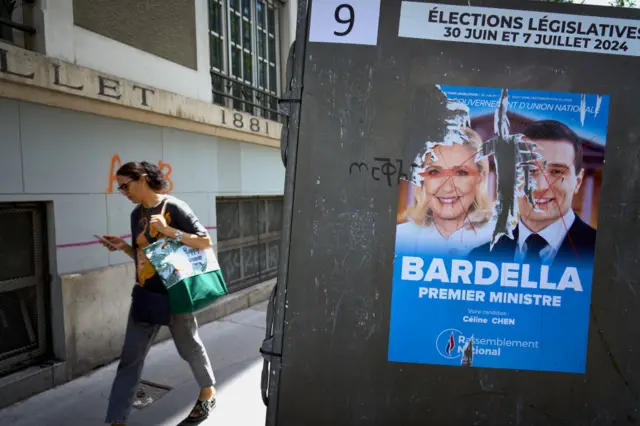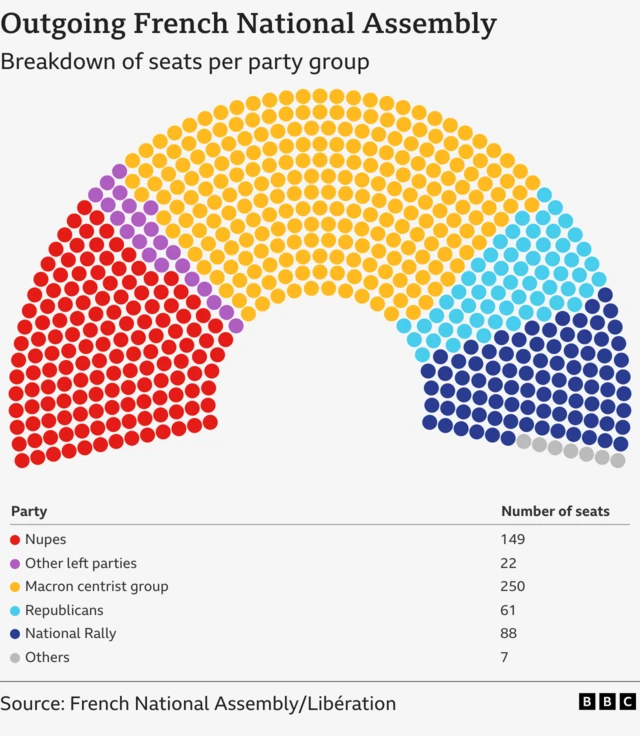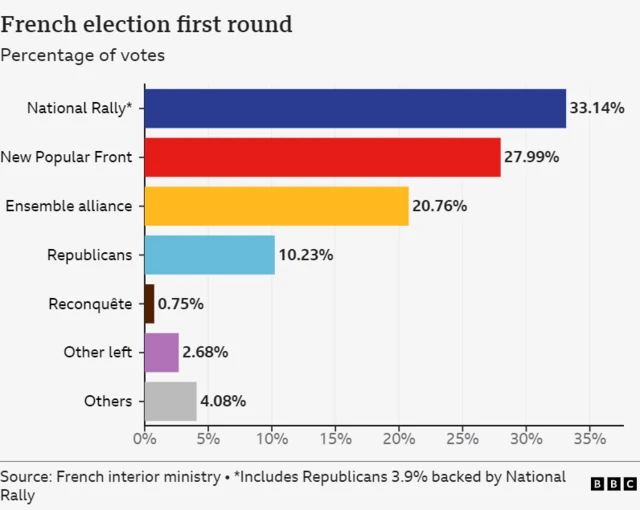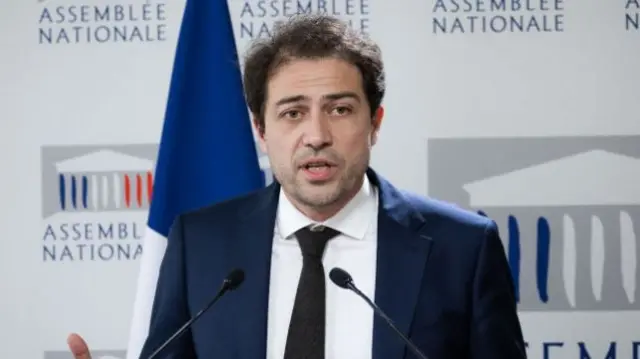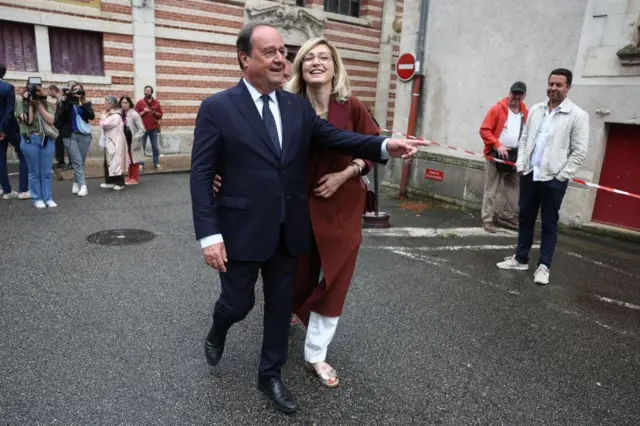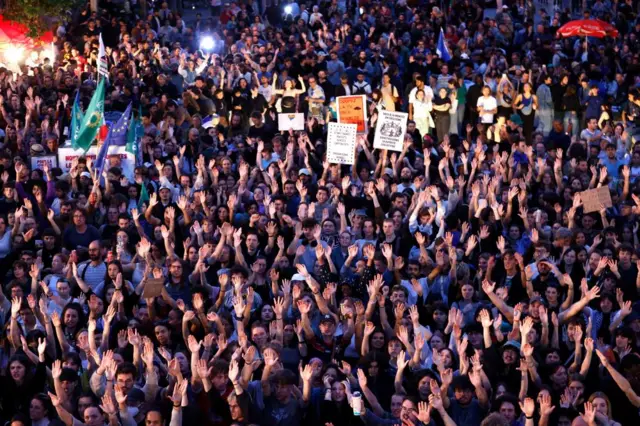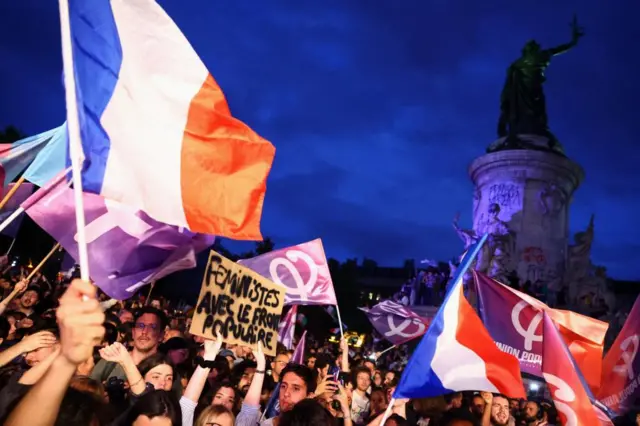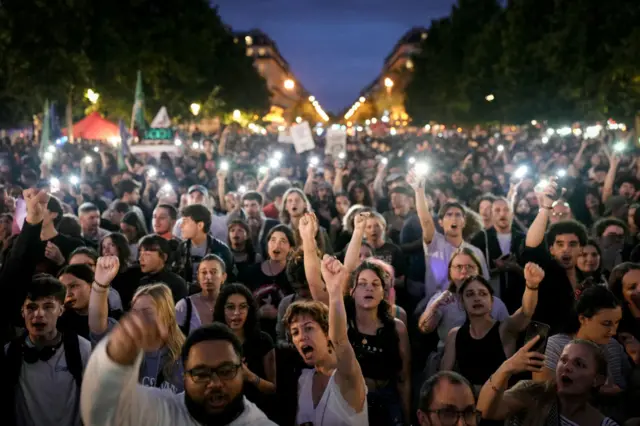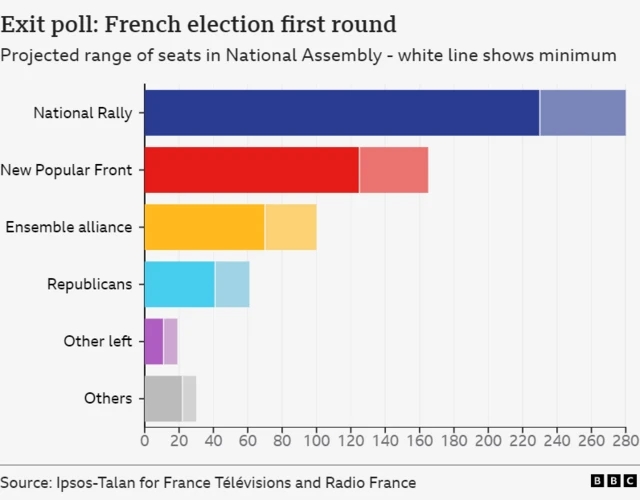Mélenchon responds to Bardella debate requestpublished at 12:26 BST 1 July 2024
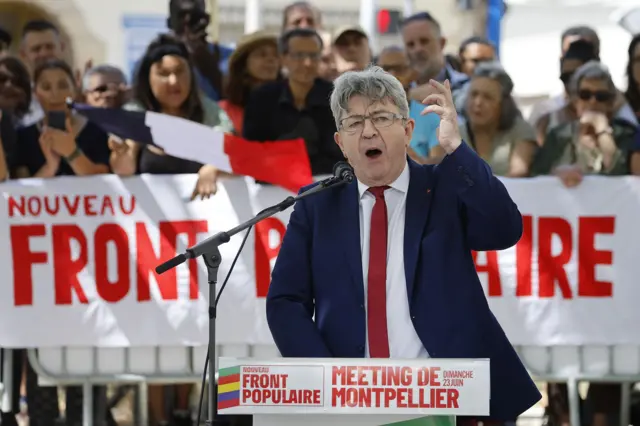 Image source, EPA
Image source, EPAJean-Luc Mélenchon has run for president on three occasions.
As we mentioned in our previous post, Jordan Bardella has challenged Jean-Luc Mélenchon, of the left-wing bloc, to a debate.
Mélenchon has now replied, saying in a post on X: "Mr Bardella is right, there is a need for a debate between the two projects for the French."
Mélenchon is the founder and former leader of the hard-left France Unbowed party and a prominent figure in the New Popular Front bloc, which is yet to choose their nominee for prime minister.
Because of that, Mélenchon suggests that Bardella debates one of the politicians from the France Unbowed, the biggest party in the bloc, who are likely to become prime ministerial candidates: Manuel Bompard, Mathilde Panot or Clémence Guetté.



